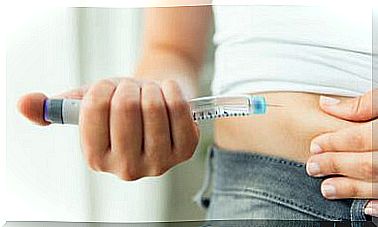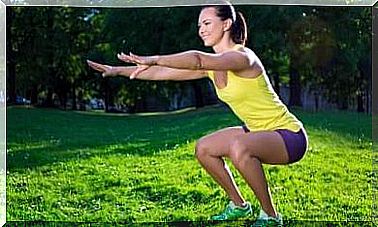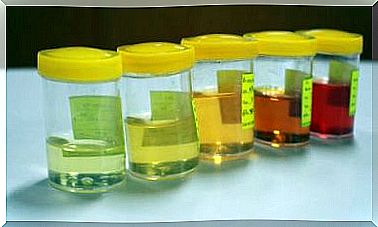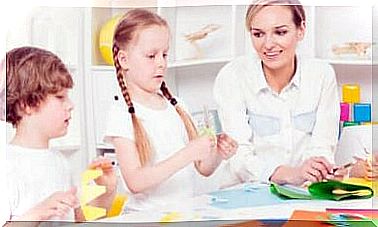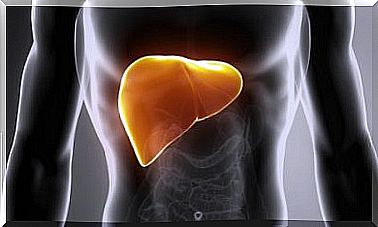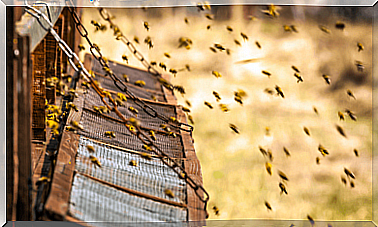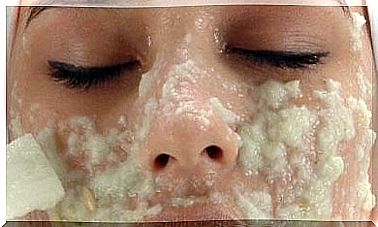My Baby Hit His Head! What To Do?
If your baby or toddler has hit its head, the screaming is great and you are often helpless. What do you do in such a situation?
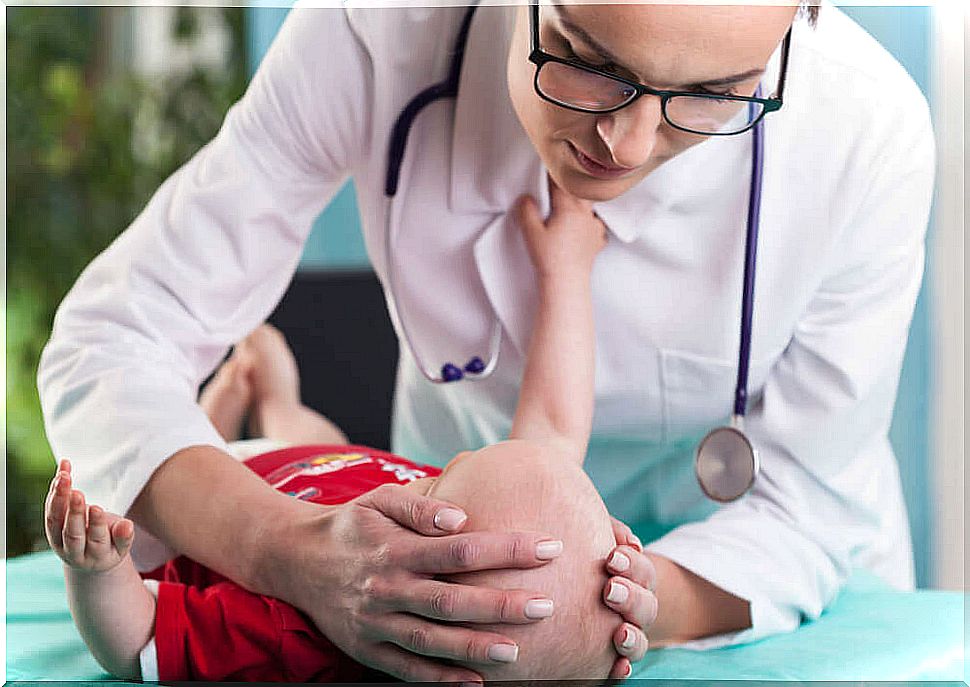
If your baby or toddler hits their head, there is great concern that your sweetheart may have been seriously injured.
Find out what to do in this case. It is also important to help the child prevent such incidents in the future.
Why did my baby hit his head?
If your baby or toddler hit their head, your child is not to blame. It cannot yet properly control its movements.
The head, in particular, is still very difficult to carry and coordinate for small children, as it is relatively heavy and the neck muscles must first be trained.
If your protégé hit his head, it was because the circumstances were not such that your child could not be protected.
Babies and toddlers are innocent by nature. They are unaware of the dangers that exist around them.
You can easily trip over the furniture or fail to see the toys on the floor. This risk is usually between six months and four years, during which the child begins to discover the world more independently.
Perhaps this sounds familiar to you: “My baby hit his head very badly and now he won’t stop crying.”
A blow to the head can be at high risk depending on the child’s circumstances and symptoms. It is important to have intuition and to know where the dangerous spots in your home are.
This way, as much as possible, avoid the child stumbling or otherwise bumping their head.
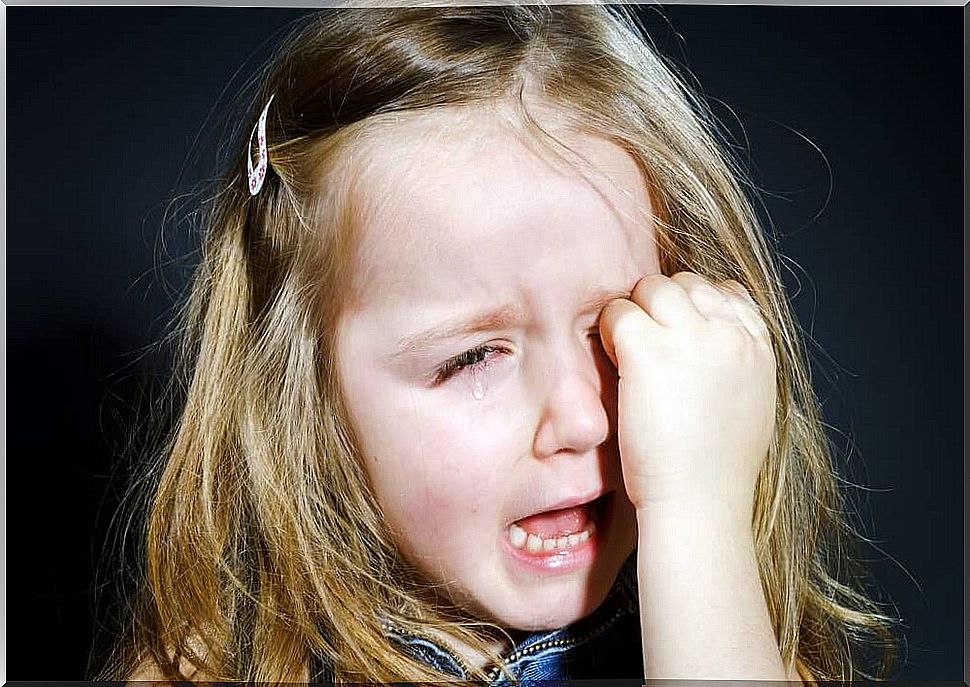
What to do if my child hits their head
If your everything has hit its head, you should stay calm so as not to upset the child further.
Of course, you can only do that if you know what to do. Most accidents only cause injuries to the surface of the head such as bruises (or “bumps”), wounds, and pain in the area of the blow.
Take your child to a quiet place. Lift his head a little and place it in your hand, the bend of the elbow, or your lap while you put ice in a piece of cloth (e.g. a washcloth) on the bumped area.
Body contact and rest are now important to calm your child!
Slowly give your child a little water in very small portions to prevent vomiting.
It is important that you stay calm yourself and so calm your baby. That will help monitor it with greater objectivity. Depending on the type and intensity of the strike, you can use additional methods.
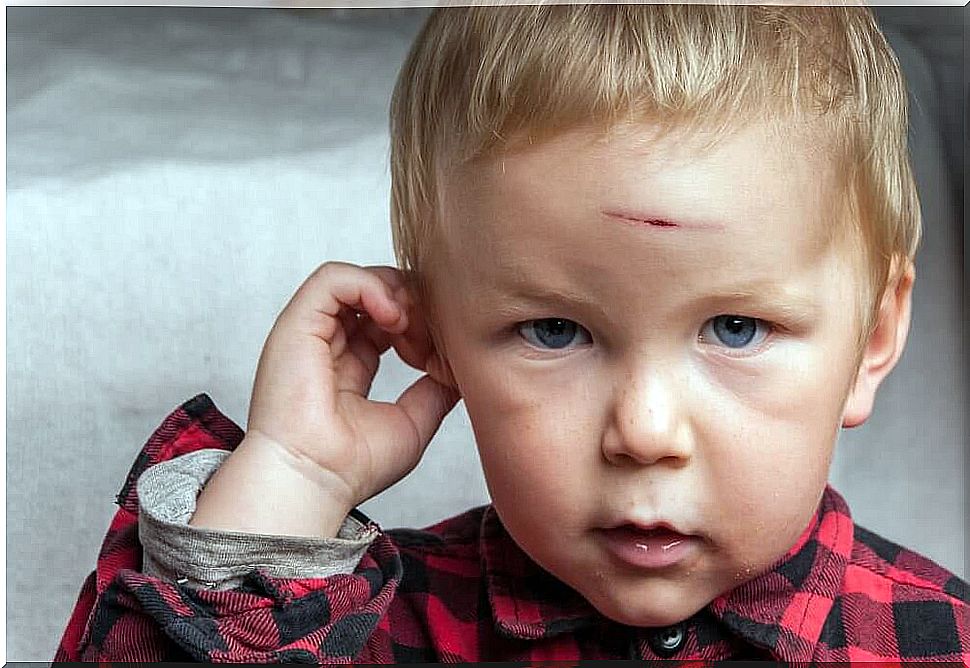
Cut injury
In the event of a cut, you should wash the wound with clean water.
If an object, such as glass or wood, was broken in the accident, check for any small particles in the area.
To stop the bleeding and cover the wound, use a gauze moistened with hydrogen peroxide or other wound disinfectant.
Stitching may be necessary if the wound is deep. You should seek medical help for this.
Hematoma
If your child has a bruise, the procedure is easier. If the ice is applied locally immediately (please never directly to the skin!), The size of the hematoma should be able to be reduced.
If the hit area increases in size and inflammation, it is best to see a doctor to have your child checked out thoroughly.
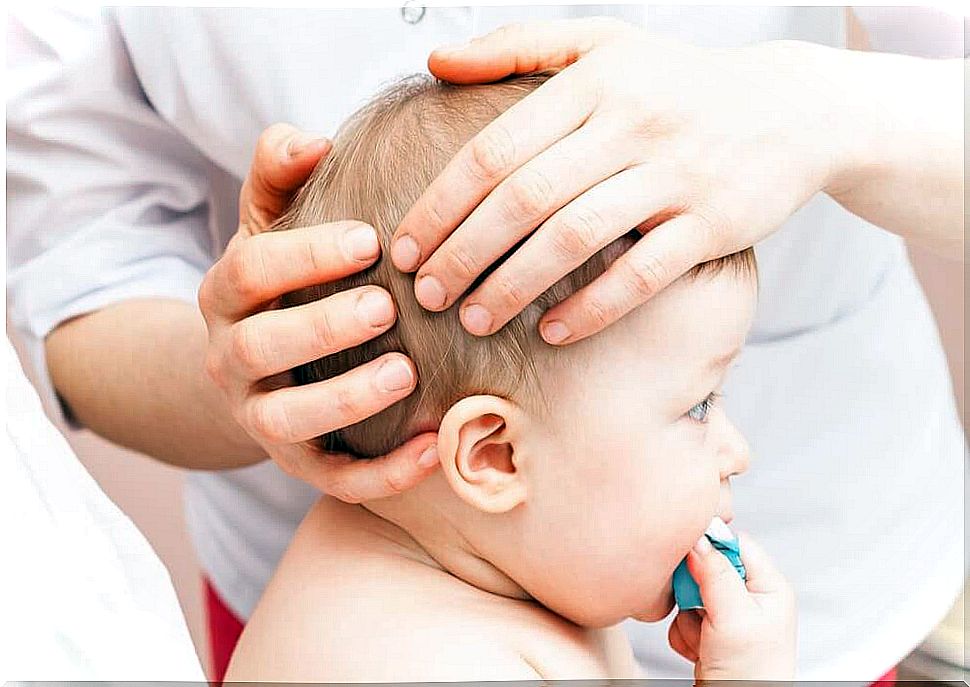
Alarm signals
If your child has hit their head, you should know the following warning signs in order to be able to act correctly.
These can take some time to set in, so watch your child very carefully for the next few hours after bumping their head!
The blows to the head are one of the most delicate for children and adults. As the brain area, it’s important to watch how your child reacts a few hours after the accident.
One of the symptoms that creates the most worry is drowsiness.
It is often believed that after being hit on the head, the child should not be allowed to sleep.
While you shouldn’t ask them to stay awake when it’s time to sleep, when they wake up, you should watch them closely to see how they behave – or to see if they sleep longer than normal.
Nausea, blurred vision, or disorientation are another symptom.
These situations should be carefully monitored and the frequency should be kept in mind. Check to see if your child has any numbness in their extremities or a headache.
If you experience any of these symptoms, you should see a doctor. The doctor must assess the level of awareness and general condition of the child.
By carefully reviewing this variable, he will determine the tests needed to assess the possibility of brain damage such as a concussion.
